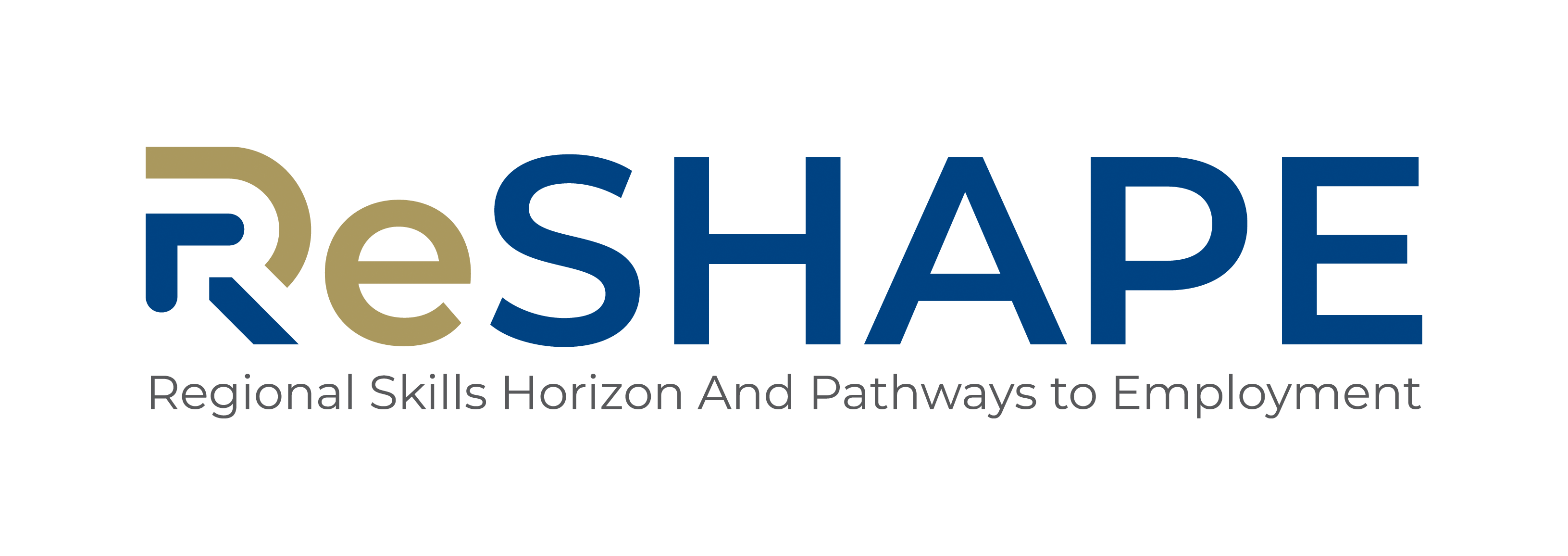Fundamentals of Polymer 3D Printing
Interested in 3D Printing? Join us in MTU Kerry Campus for this exciting new course, whether you are looking to learn the basics of 3D Printing (3DP) or more advanced applications. No prior experience required!
This short course will equip learners with the knowledge required to 3D print a new component or product. This approach is fundamentally different to traditional design and manufacturing techniques. To fully harness the potential value in this new manufacturing landscape, learners will gain the technical knowledge of 3DP technologies, the inherent strengths & weaknesses, the impact of material choice, and user centred design approaches for manufacturing using 3DP.
Why This Module?
Participants will learn about the Fundamentals of Polymer 3D Printing over 9 weeks. This part-time programme will be delivered primarily online on one evening per week with a full day on campus in our 3D Printing Suite.
- Identify and explain the applications of polymer-based 3DP, its current uses, and future trends.
- Compare the benefits and drawbacks of different technologies for strength, cost, speed, dimensional accuracy, surface finish and post processing requirements.
- Evaluate the differences in mechanical properties of artefacts created with 3DP depending on parameters such as orientation, print speeds, and chosen material.
- Predict the likely failure modes of components for a given 3DP technology.
- Design and prepare components for production on FDM and Resin based printing
Key Learning Outcomes
Introduction
- Introduction to 3DP, History, Current & Future Applications
Polymer 3D Printing Technologies
- Fused Deposition Modelling (Filament & Pellet), Stereolithography (SLA), Digital Light Processing (DLP), Material Jetting (MJ / Polyjet), Selective Laser Sintering (SLS) & Other technologies.
- Strengths, Weaknesses, Applications, and Pitfalls.
- Health & Safety considerations: Material Safety Data Sheets (MSDS), Correct
Storage of Resin and Filaments, Disposal of waste, Handling Isopropanol (IPA).
Design for 3D Printing
- Slicer selection and settings for optimisation of strength, speed, and quality (the “Design Triangle”).
- Design approaches for 3DP components/products.
- 3DP for mass customisation/bespoke production, Human Factors considerations (User Centred Design).
Material Science for Polymer 3D Printing
- Yield & Tensile Strength, Fracture & Toughness, Fatigue Failure, Creep Deformation & Fracture
Course Information
NQF Level: 8
Academic Credits: 5
Duration: 1 Semester
Contact Hours: 24
Delivery Mode: Blended
Assessment Type: Continuous Assessment
Start Date: January 2025
Cost: FREE^ / €298 subsidised / €596 full cost
^Fully funded places are available for eligible learners living or working in the Midlands (Laois, Offaly, Longford, Westmeath). The HCI Micro-credentials subsidy covers 50% of the course fee, the ReSHAPE project will fund the remaining 50%.
For eligible participants, the HCI Learner Fee Subsidy will pay 50% of the programme fee*. The remaining 50%, €298, will be payable before registration.
For applicants who aren’t eligible for the HCI Learner Fee Subsidy, the full cost of the programme, €596, will be payable before registration.
*limited places available
Applications closed. For further information please contact parttimekerry@mtu.ie

Candidates who meet the eligibility criteria may qualify for a 50% fee subsidy (subject to the availability of places). Details can be found here.
 Fully funded places are available for learners living or working in the Midlands (Laois, Offaly, Longford, Westmeath). The HCI Micro-credentials subsidy covers 50% of the course fee, with ReSHAPE funding the remaining 50%. Details can be found here.
Fully funded places are available for learners living or working in the Midlands (Laois, Offaly, Longford, Westmeath). The HCI Micro-credentials subsidy covers 50% of the course fee, with ReSHAPE funding the remaining 50%. Details can be found here.
More Information:
To learn more about this programme contact:
Dr Kevin O’Sullivan – kevin.osullivan@mtu.ie

